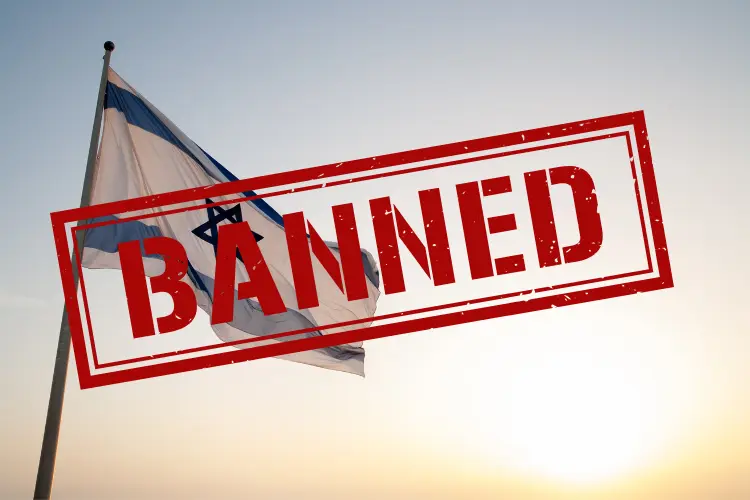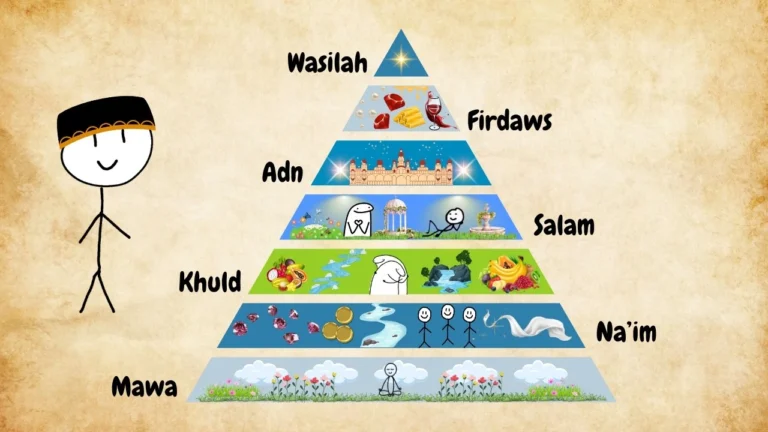How to Perform Ghusl (غُسْل) after Menstruation or Periods?

Ghusl (غُسْل) taking a bath — something which we do every day. But if you think about it, it’s a pretty important part of your religion. Because if you are not ritually pure, you cannot perform some important religious deeds. And how much time and effort you put into learning the correct manner of gustl, and how consciously and how well you perform the gustl, shows your concern for the way you stand before Allah.
Because gos is a trust between you and your R, and we really can’t emphasize the importance of gol enough.
Series Overview on Ghusl (غُسْل)
In this series, we will begin the discussion with the obligatory gusle, which will be helpful to you when you are in a hurry or if there is not enough time to take a complete gusle.
Next, I will take you step by step through the etiquettes of the complete gusle, where we will discuss the Sunnah acts of Ghusl (غُسْل). And finally, in the next video, we will answer some frequently asked questions about gusle.
Alhamdulillah, all the information and answers are taken from the writings and fatawa of the scholars.
Types of Ritual Impurities
There are two kinds of ritual impurities:
- The minor impurity
- The major impurity, which occurs as a result of janaba, head, or nefas.
To achieve theara from the minor impurity, you only need to renew your Wu (ablution). Whereas in the case of major impurity, you need to take a gustl.
Two Methods of Ghusl (غُسْل)
Ghusl (غُسْل) can be taken in two ways:
- A complete gsle with all the sunas of the Prophet.
- A partial or a sufficient gusle, which means only doing what is obligatory to free yourself from the ritual impurity.
Obligatory Acts of Ghusl (غُسْل)
So, what are these obligatory acts of Ghusl (غُسْل)?
- A beforehand Nia (intention) that you are taking this bath to purify yourself from the major ritual impurity
- Rining your mind, mouth, and nose
- Letting water run over your entire body at least once — make sure it reaches every part of it, even your scalp under the thick hair
If you manage to do this much, then you have purified yourself from the major ritual impurity.
The Mustahab Way: Complete Ghusl (غُسْل)
As for the complete Ghusl (غُسْل), and this is the mustahab one — it is how the Prophet Sallallah Alaihi Wasallam took a bath. And this is how you do it:
- Begin with an intention to purify yourself from the major impurity
- Say Bismillah
- Wash your hands three times
- With your left hand, wash your private parts and anywhere else that is contaminated with traces of impurity
- Then make a complete Wu, just as you would for prayers
- Pour water over your head three times, rubbing and making sure that it thoroughly reaches your scalp
Some scholars said three times means:
- Once on the right
- Next on the left
- Then in the center
Then, pour water and wash the entire body, beginning with the right side, then the left, while rubbing it with your hands so that you are sure you haven’t missed any part.
So, these are the etiquet of the complete Ghusl (غُسْل).
Additional Reminders About Ghusl (غُسْل)
Ghusl (غُسْل) essentially means letting water run over every part of your body. So, if you’re wearing a ring, you should move it. And if it is so tight that the water won’t reach the skin underneath, then you have to remove it.
Cosmetic items which form a barrier and prevent the water from reaching your skin must also be taken off.
The Prophet’s Practice Regarding Feet
In a narration, it is mentioned that the Prophet S Al Wasam moved away from the spot where he had been taking Ghusl (غُسْل), and then he washed his feet.
Sh Rahim explained that what is apparent from the various narrations is that the Prophet washed his feet after Ghusl (غُسْل) only when there was a need — like if the floor is made of dirt, and if the feet are not washed, they will remain soiled.
So, you may want to wash your feet after Ghusl (غُسْل) if there is a need.





